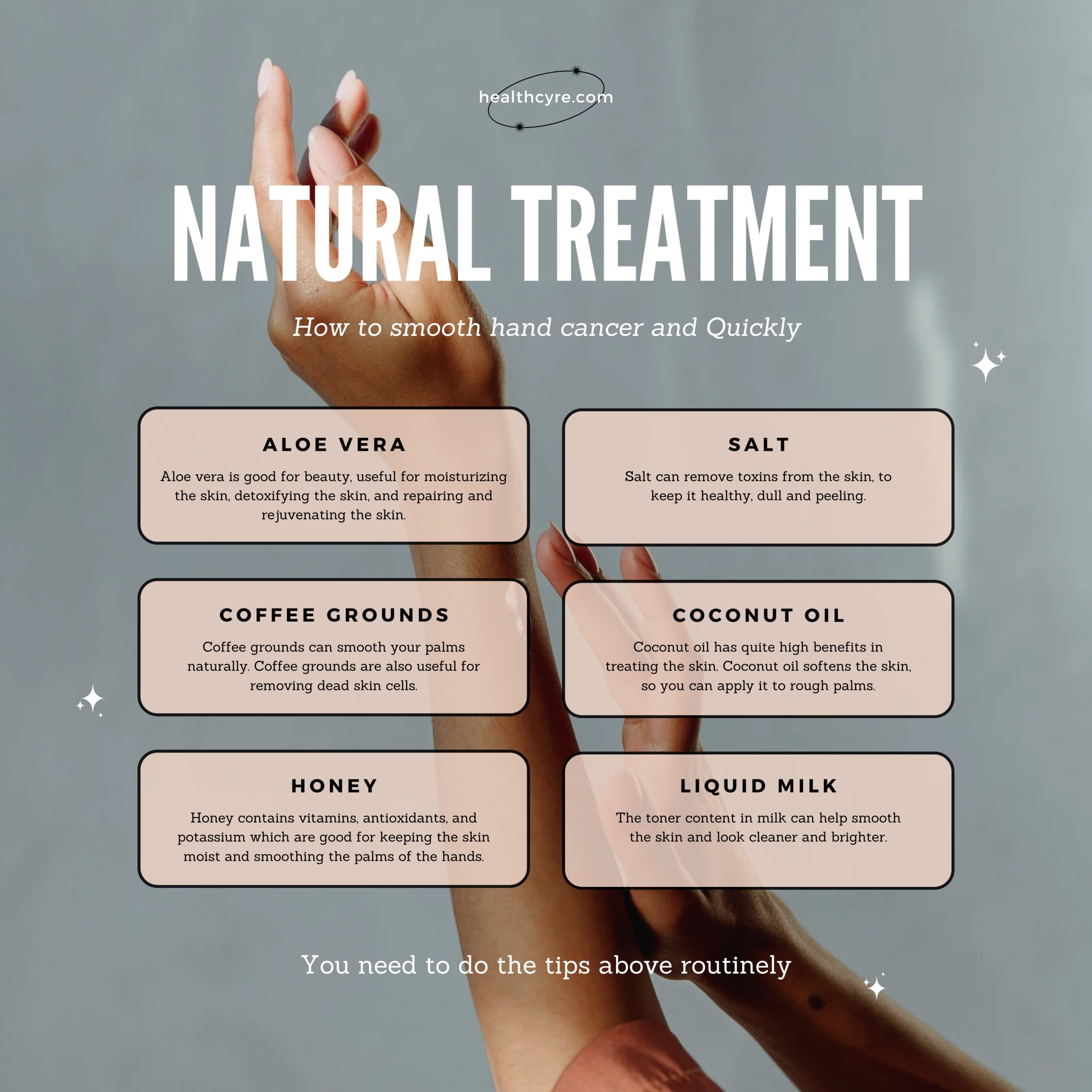Understanding Agent Orange and Its Impact
Agent Orange was a chemical used during the Vietnam War. It contained dioxin, a toxic substance linked to numerous health problems. Veterans exposed to Agent Orange are more likely to develop various ailments, including.
The Risk of Prostate Cancer in Veterans
Is a major issue among elderly veterans. According to studies, being exposed to Agent Orange increases the risk. As veterans age, frequent medical assessments become increasingly important.
Table of Contents
Why Re-evaluation After Age 74 Matters
Reevaluating veterans after the age of 74 is critical for early diagnosis and treatment. Many veterans have delayed the onset of symptoms. Regular check-ups can lead to better results and a higher quality of life.
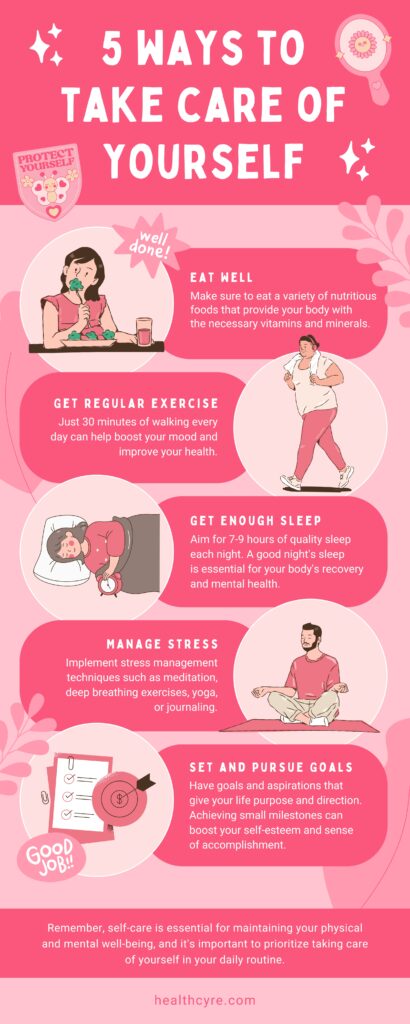
Symptoms of Prostate Cancer
- Difficulty urinating
- Weak or interrupted flow of urine
- Frequent urination, especially at night
- Pain or burning during urination
- Blood in urine or semen
Early detection through regular screenings is vital. These symptoms can often be mistaken for less serious conditions, making vigilance crucial.
The Role of the VA in Supporting Veterans
The Department of Veterans Affairs, or VA, provides medical benefits to people who were exposed to Agent Orange. Soldiers are recommended to get frequent checkups and medical guidance. The VA offers services and support to help manage health complications caused by exposure.
Treatment Options for Prostate Cancer
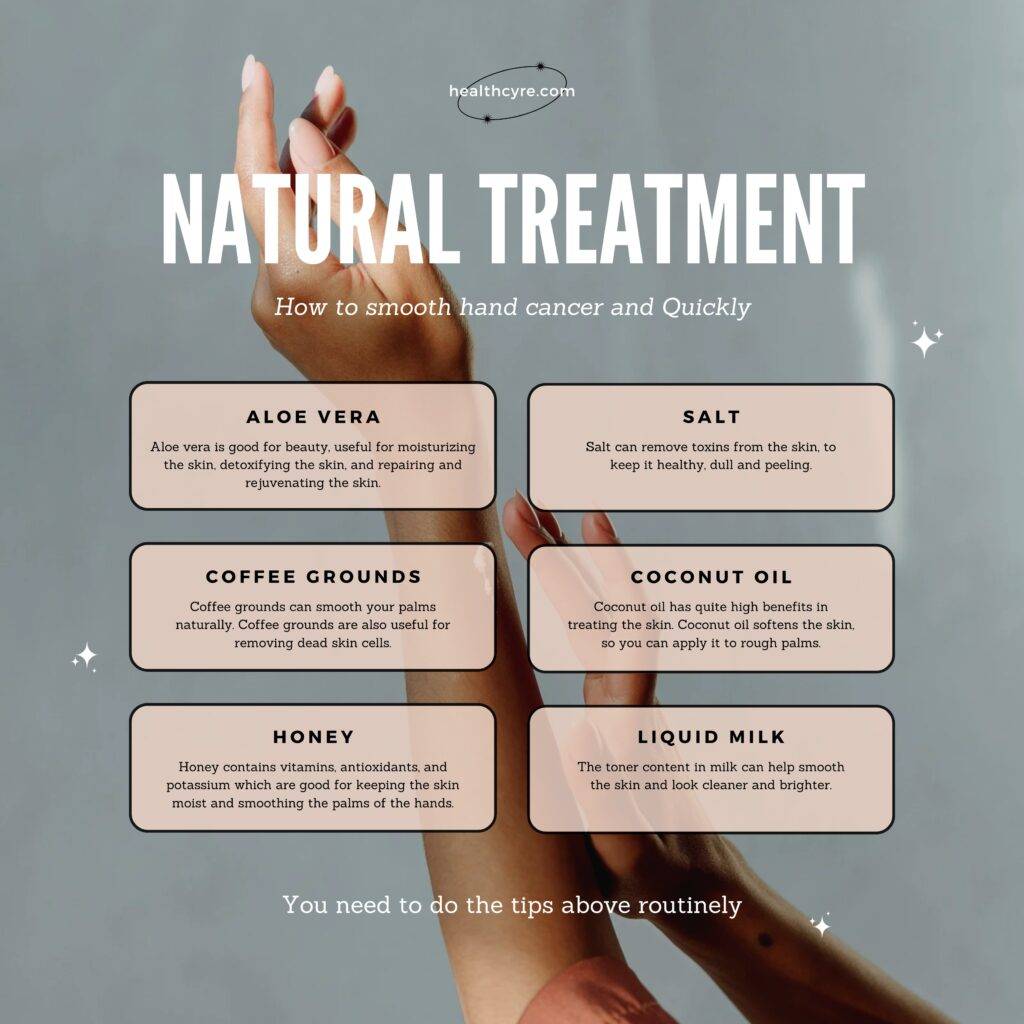
Treatment varies based on the stage of cancer and overall health. Options include:
- Surgery
- Radiation therapy
- Hormone therapy
- Chemotherapy
Early detection can lead to more effective treatments. Veterans should discuss options with their healthcare provider to determine the best course of action.
importance of Awareness and Advocacy
It is imperative to increase public knowledge of the dangers posed by Agent Orange. Veterans are given the respect and consideration they deserve thanks to advocacy. By promoting routine medical examinations, communities and family members may help veterans.
The Psychological Impact
Treatment can be difficult on both a physical and psychological level. As they adjust to their diagnosis and course of treatment, veterans may experience stress, anxiety, and sadness. To manage these emotional loads, it is important to have access to mental health help.
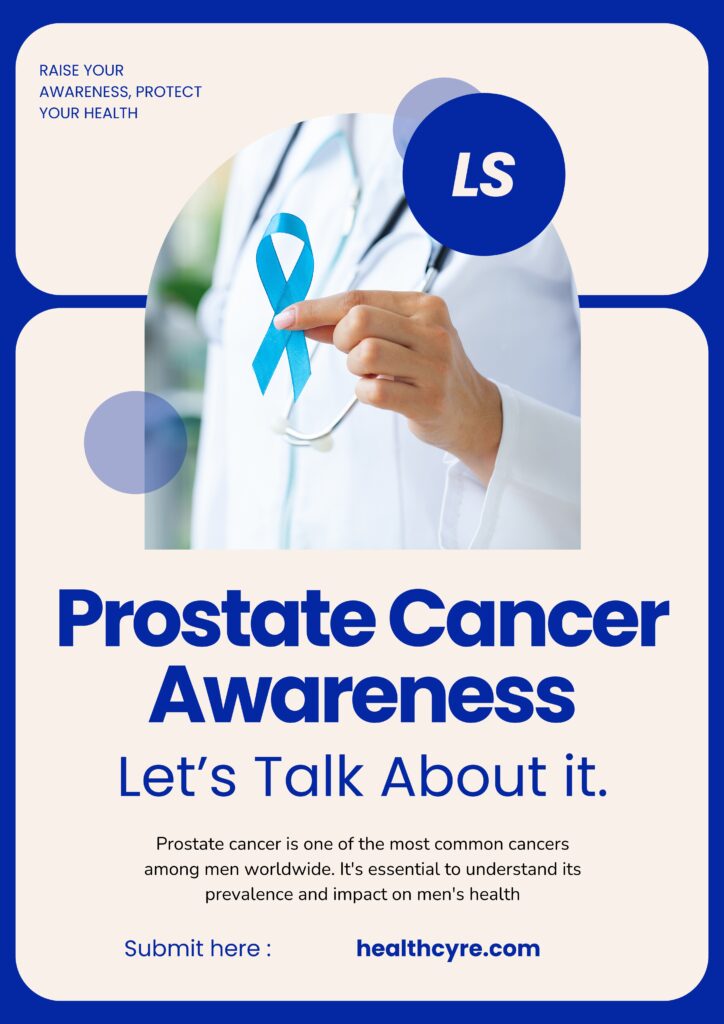
Seeking Support for Mental Health
- Counseling services provided by the VA
- Support groups for veterans with cancer
- Mental health hotlines and online resources
Engaging with these services can offer emotional relief and foster a sense of community among veterans facing similar challenges.
Lifestyle Changes to Support Treatment
Adopting a healthy lifestyle can aid in managing prostate cancer and improving overall well-being. Recommendations include:
- Maintaining a balanced diet rich in fruits, vegetables, and lean proteins
- Engaging in regular physical activity to boost energy and mood
- Avoiding tobacco and limiting alcohol consumption
- Staying hydrated and getting adequate rest
These changes can support treatment and enhance quality of life.
Family and Caregiver Involvement
In a veteran’s journey through prostate cancer, family members and caregivers are crucial. They can provide both emotional support and helpful assistance. Caretakers can offer better assistance if they have a better understanding of the illness, available treatments, and any possible negative effects.
Ways Families Can Help
- Accompanying veterans to medical appointments
- Assisting with daily tasks and medication management
- Providing emotional support and companionship
- Encouraging healthy lifestyle choices
Family involvement can significantly impact the veteran’s ability to cope and thrive during treatment.
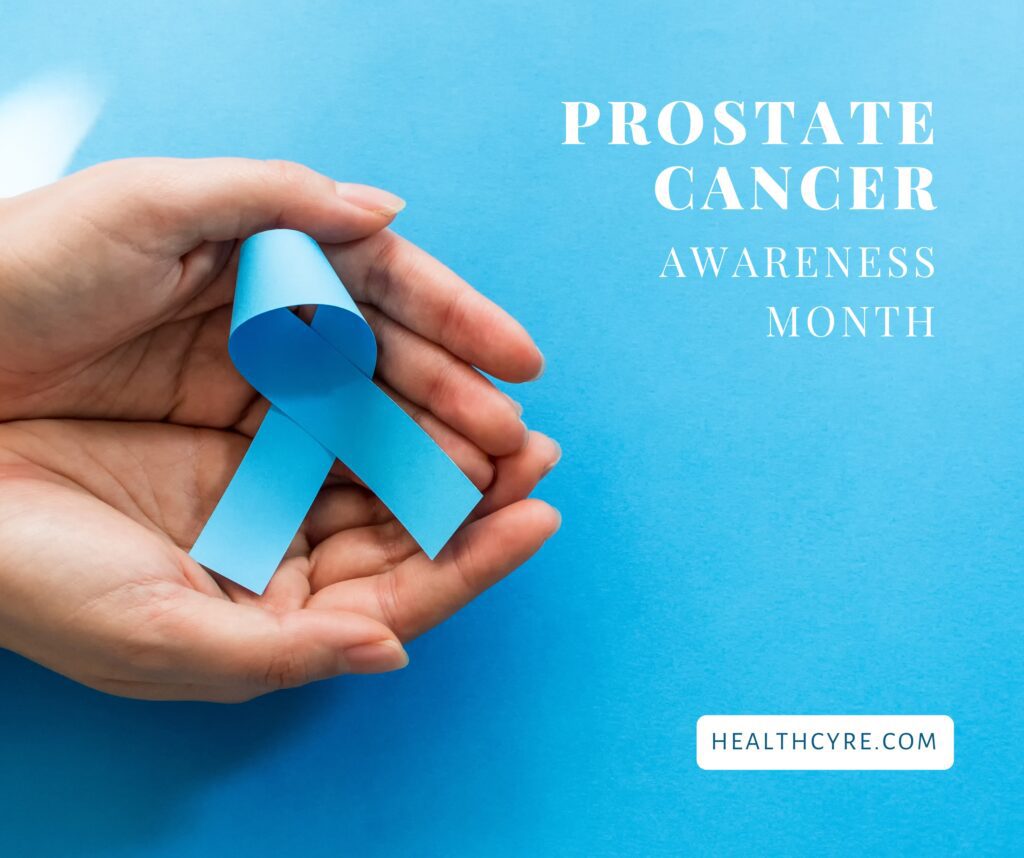
Technological Advances in Prostate Cancer Treatment
As medical technology develops, people with prostate cancer have new hope. Treatment and diagnostic innovations are lowering adverse effects and increasing results. Among the most recent developments are:
- Robotic-assisted surgery: Enhances precision and recovery time
- Targeted therapy: Focuses on specific cancer cells, minimizing damage to healthy cells
- Immunotherapy: Boosts the body’s immune system to fight cancer
- Advanced imaging techniques: Provides better detection and monitoring of cancer progression
Staying informed about these advancements can help veterans and their healthcare providers make informed decisions about treatment.
Prostate Cancer Research and Future Directions
Ongoing research is critical in the fight against prostate cancer. Organizations and researchers are constantly seeking better treatments and potential cures. Veterans can participate in clinical trials, contributing to the development of new therapies and gaining access to cutting-edge treatments.
- Enrolling in clinical trials
- Supporting cancer research organizations
- Staying updated on new research findings
Involvement in research not only benefits the individual but also advances the broader medical understanding of prostate cancer.
Conclusion
Agent Orange exposure poses significant health risks for veterans, particularly concerning prostate cancer. Regular re-evaluations after age 74 are essential for early detection and effective treatment. Utilizing VA resources, seeking mental health support, and making healthy lifestyle changes can improve outcomes. Family involvement and staying informed about medical advancements are also crucial. Through awareness, advocacy, and participation in research, we can ensure veterans receive the comprehensive care they deserve.
